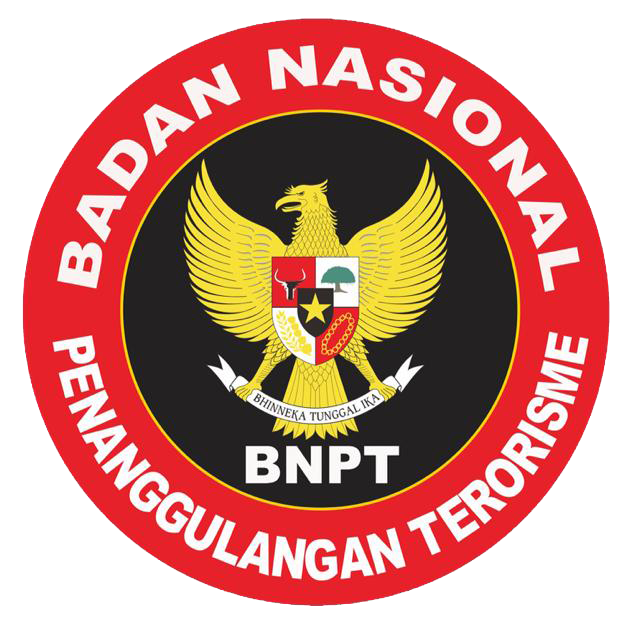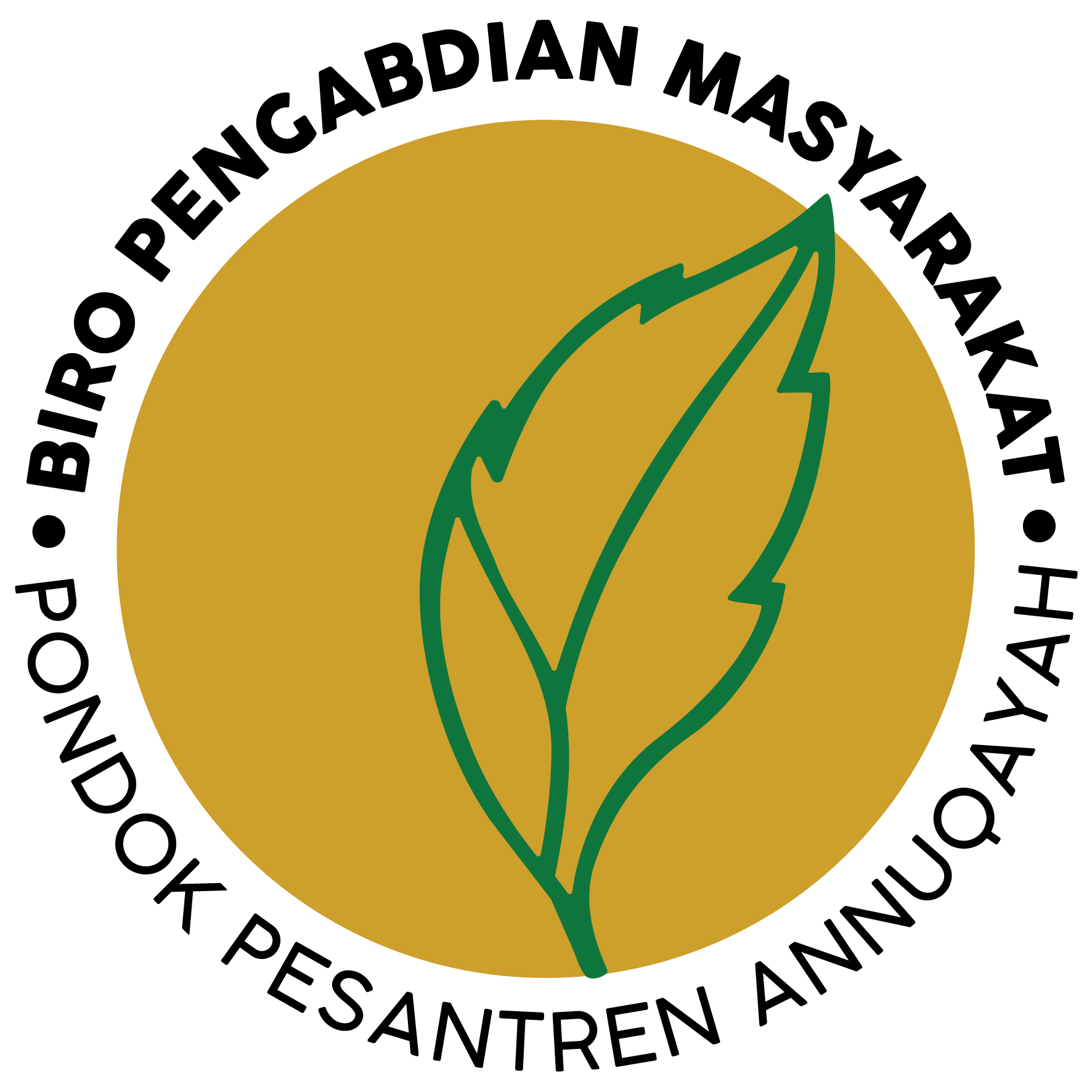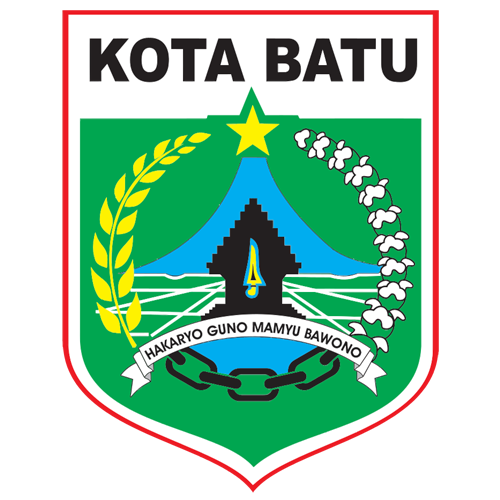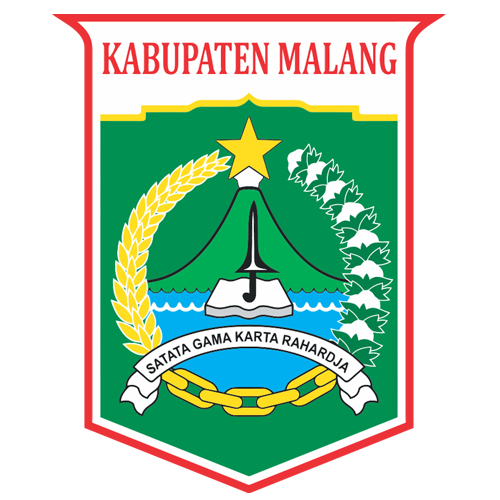Formation of Working Groups in Five Peace Villages in East Java

At the end of January (January 29 - February 1) the Peace Village/Kelurahan Working Groups (Pokja) were formed in the Wahid Foundation’s assisted villages in East Java. These villages are Guluk-Guluk Village, Payudan Dundang Village, Prancak Village, Kelurahan Candirenggo, and Sidomulyo Village.
The purpose of the working groups is to carry out the mandate stated in the Standard Operating Procedures of the 9 indicators for Peace Villages/Kelurahans, which is forming the Peace Village Working Group consisting of representatives of all elements of the village community in each Peace Village/Kelurahan. These working groups will later gather information, analyze conflicts, respond to conflicts in their respective villages and make appropriate recommendations.
The reasons why women were targeted for group empowerment were also explained in the meeting. Sekar Panuluh, the East Java Area Coordinator for the Wahid Foundation’s Peace Village program, explained that women, so far, had untapped resources. "Women have high sensitivity to environmental changes, for example, they know when there is a new neighbor. Their ability to detect changes in their surrounding environment can be one of the added values to maintain peace in their neighborhoods," said Sekar.
The meeting, which was purposed to form these working groups, also contained discussion including a question and answer session. As expressed by H. Afif, a resident of Guluk-Guluk Village, that previously all of the problems were brought to the Hamlet Head (Kepala Dusun). "For example, divorce-related matters were usually consulted to the hamlet office or local community leaders including the head of hamlet (Kadus)," said H. Afif.
Responding to this, Sekar responded that the formation of the working groups will not eliminate the existing complaint systems but strengthens them.
By: Ester Pandiangan















